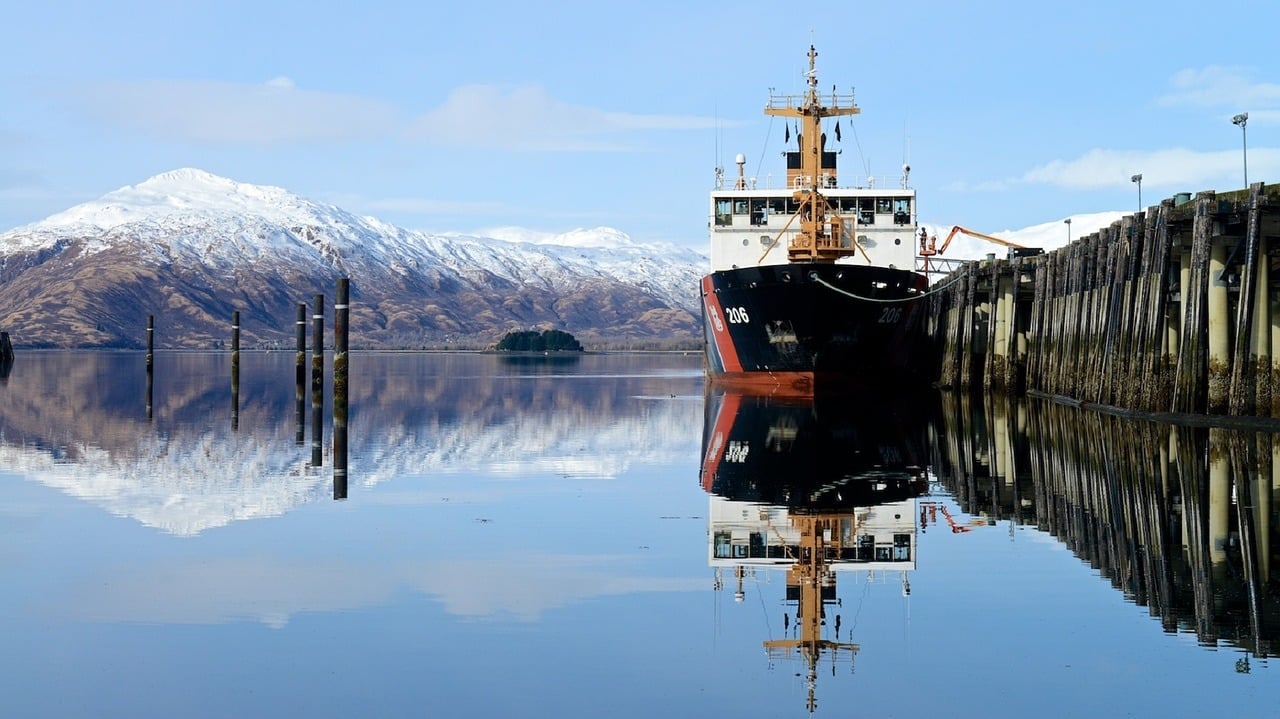America’s Mariners Perform Essential Work During COVID-19 Crisis
COMMENTARY

Each week, tug boat operators cross the Bering Sea from Dutch Harbor, Alaska, to Akutan Island, towing a barge full of groceries, medicine and other life-sustaining provisions. After offloading the cargo, containers full of fish products are loaded onto the barge for the return trip – a first step in the journey to consumers in the continental U.S.
Even as the COVID-19 crisis has brought much of normal everyday life to a halt, our nation’s mariners continue to work around the clock to keep critical deliveries moving. Several of the crew members working in Alaska’s Aleutian Islands come from as far away as Alabama, Idaho, and Las Vegas. After commercial air service ceased in this remote part of the nation, the company I lead, Centerline Logistics, started chartering air service to ensure our mariners can continue to report for duty – and help keep shipments on track.
These essential workers aren’t often seen, but their important work benefits all Americans – from assisting cargo ships, to safely transporting petroleum, to keeping marine vessels fueled. As our nation celebrates mariners this month, including National Maritime Day, we have an opportunity to thank marine transportation workers for the major contributions they make to American life.
Working on the water is more than a job to the professionals who operate tug boats and other marine transportation vessels. It’s a calling and a way of life. Many captains and crew members follow in the footsteps of their fathers and grandfathers, choosing to be part of an industry that helps make life better for millions of Americans. Through these skilled jobs working on state-of-the-art vessels, they’re able to support their family while pursuing a career that they truly enjoy.
It’s hard work. Day in and day out, skilled mariners work shifts as long as 12 hours to help ensure goods and products get to where they need to be. Some are at sea for nearly two months at a time, including holidays, separated for long periods from their families and the comforts of home. During COVID-19, they’re even more strictly confined to the vessels where they work.
The coronavirus crisis has raised the importance of integrated logistics in the U.S. Everyone is familiar with the end point of that system: delivery drivers who bring shipments to our doorsteps. But most people are unfamiliar with the essential entry point: the tug boat captains and crew members who ensure tankers, and container and cargo ships arrive safely in U.S. ports.
With 90 percent of the world’s cargo moving on ships, the dedicated mariners who operate tug boats, barges and other vessels are the linchpin in a complex logistics value chain that is vitally important to the American people. Everyone from swine farmers in Hawaii, to petroleum producers in Alaska and the Gulf Coast, to wheat farmers in Kansas rely on this interconnected network – and the mariners who ensure it functions properly.
America’s marine transportation workers perform an essential role in maintaining our nation’s quality of life. The packages you receive at home, the fuel you pump into your car’s gas tank, and the energy that helps turn the lights on likely came to market with the help of skilled mariners. If they weren’t able to show up for work, store shelves would quickly empty and our nation’s economy would grind to a halt. As we recognize mariners this month, let’s take time to recognize their hard work for us all.
Matt Godden is the President and CEO of Centerline Logistics, a leading provider of marine transportation services in the United States, with operations along the West Coast (including Alaska), New York Harbor and the Gulf Coast.
























